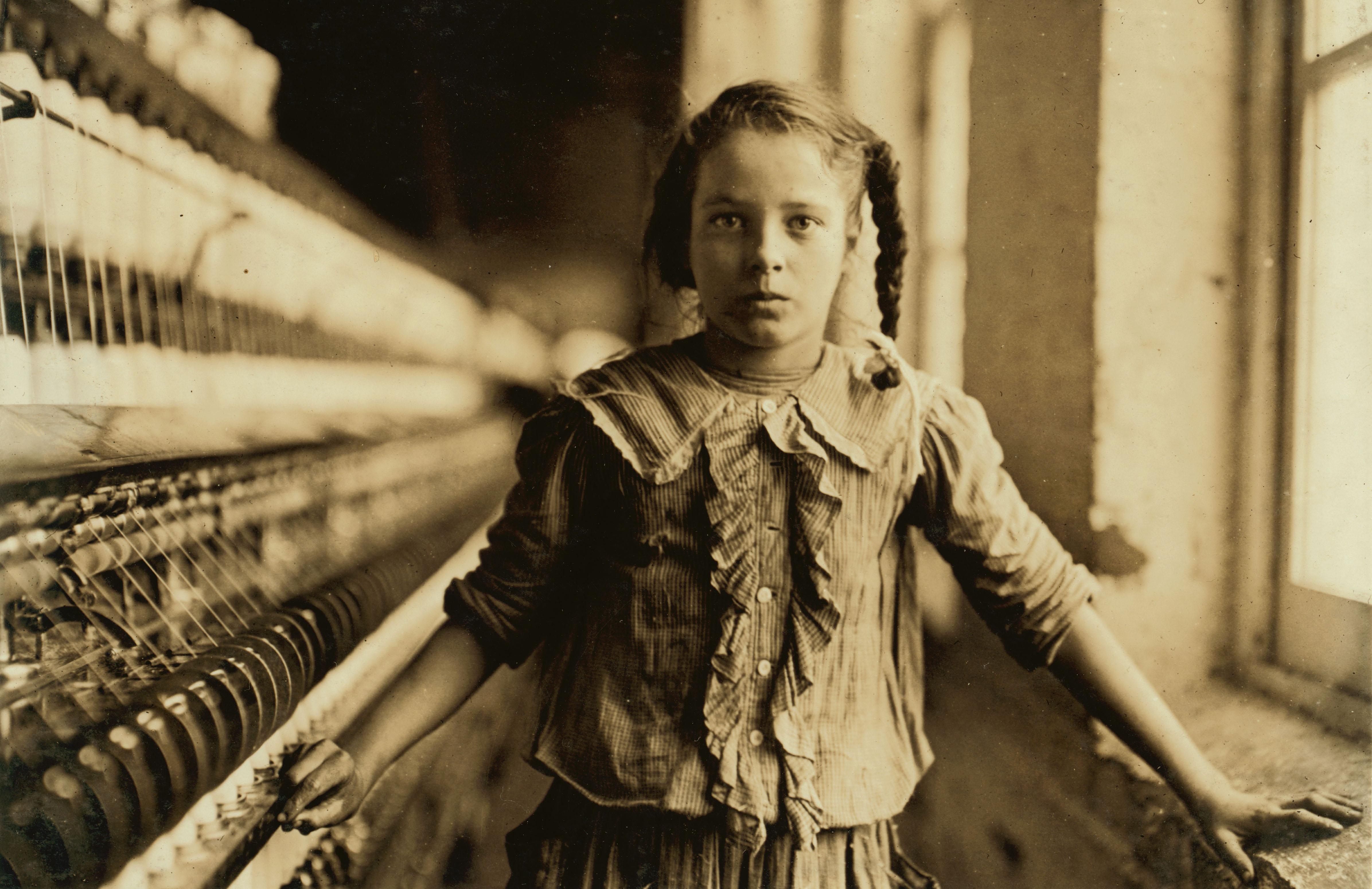 When the Massachusetts
Attorney General announced in January that Chipotle was
being fined over $1 million for child labor violations, it was a jarring
reminder that a practice usually associated with the sweatshops and coal mines
of the early 20th century is still with us.
When the Massachusetts
Attorney General announced in January that Chipotle was
being fined over $1 million for child labor violations, it was a jarring
reminder that a practice usually associated with the sweatshops and coal mines
of the early 20th century is still with us.
The Fair Labor
Standards Act of 1938 put restrictions on the employment of minors but did not
abolish it entirely.
Instead, it established minimum ages for various kinds of work and set restrictions on working hours. States have child labor laws of their own.
Instead, it established minimum ages for various kinds of work and set restrictions on working hours. States have child labor laws of their own.
Compliance with these
rules was far from universal, but it appeared that the violators were mainly
small businesses.
The U.S. Labor Department’s Wage and Hour Division did its best to investigate these abuses and imposed penalties that typically amounted to around $10,000 and involved a single location, even when it was an outlet or franchise of a much larger corporation.
The U.S. Labor Department’s Wage and Hour Division did its best to investigate these abuses and imposed penalties that typically amounted to around $10,000 and involved a single location, even when it was an outlet or franchise of a much larger corporation.
Massachusetts AG Maura
Healey is abandoning that approach and bringing broader actions that highlight
the magnitude of the problem.
The Chipotle case included $1.37 million in restitution and penalties for an estimated 13,253 child labor violations and other state wage-and-hour infractions at the company’s 50 corporate-owned locations in the state.
As part of the settlement, Chipotle also agreed to pay $500,000 to help create a fund to be administered by the AG’s office to educate the public about child labor and to provide training opportunities for young people.
The Chipotle case included $1.37 million in restitution and penalties for an estimated 13,253 child labor violations and other state wage-and-hour infractions at the company’s 50 corporate-owned locations in the state.
As part of the settlement, Chipotle also agreed to pay $500,000 to help create a fund to be administered by the AG’s office to educate the public about child labor and to provide training opportunities for young people.
Healey’s investigators
had found that Chipotle regularly employed minors without work permits,
required 16- and 17-year-old employees to work later than the law allows, and
in some instances had minors working beyond the nine-hour daily limit and the
48-hour weekly maximum.
Chipotle is not the
only large company targeted by Healey. In February her office announced a $400,000 settlement with
Wendy’s International covering an estimated 2,100 violations at its 46
corporate-owned restaurants in the state. The infractions were similar, such as
having 16- and 17-year-olds working later than allowed and beyond the nine-hour
daily limit.
Last year, the Massachusetts AG reached a $409,000 settlement with Qdoba Restaurant Corporation for the same kind of violations at its 22 corporate-owned locations.
The consequences of overworking
minors are the same as they were was a century ago. Long hours on the job
interfere with school work and can negatively impact the health of young
people. Fast food outlets may not pose quite the same physical hazards as the
factories and mines where children were once employed, but they are far from
risk-free.
For instance, there
have been many reports of sexual harassment of young workers at restaurant
chains such as McDonald’s, sometimes on the part of managers. Such harassment
is a problem for workers of all ages but is particularly serious when the
victims are minors.
Low unemployment rates
and labor shortages are making it more common for employers to turn to young
workers to fill in the gaps. Yet we should make sure that these businesses do
not break the rules when they do so. Other regulators should follow the lead of
Massachusetts in getting tough with employers who exploit the most vulnerable
workers.
